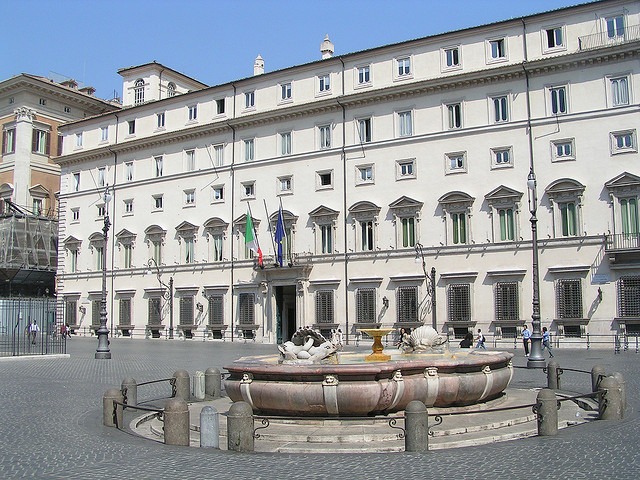
Matteo Renzi, leader of the centre-left Democratic Party (PD), has been asked by Giorgio Napolitano, Italy’s 89-year-old head of state, to form the third government in two years. He plans to put together a ministerial team and a programme for government by the end of this week.
Mr Renzi, whose experience is limited to a five-year stint as mayor of Florence, ousted Enrico Letta as prime minister in a party vote on February 13th, after weeks of publicly criticising his government for failing to implement reforms deemed necessary to make Italy grow again. The way he did it is deeply unpopular with the public, because Mr Renzi reneged on his promise to support the government until 2015.
Mr Renzi has inherited the same fragile coalition that failed to pass a labour market reform bill and a new electoral law through parliament, failures that ultimately cost Mr Letta his job.
The PD has a majority in the lower house of parliament, but not in the Senate, the upper house, where the Letta government had to rely on a group of small centrist and centre-right parties such as the Civic Choice founded by Mario Monti, former technocratic prime minister, and the New Centre Right (NCD) led by Angelino Alfano, who broke away from Mr Berlusconi’s Forza Italia last year when the media mogul tried to bring down the government.
Italy’s prime minister-designate, who is not even a member of parliament, has to make a deal with small centrist and centre-right parties, if he wants to command a majority in the Senate. The Civic Choice party has already endorsed him. Mr Alfano, who was deputy prime minister and interior minister in Mr Letta’s cabinet, will probably support the next government as well, because his party is polling less than 5 per cent at present. It is highly unlikely, therefore,that he would risk triggering an early general election.
If Mr Renzi was sworn in as Italy’s youngest-ever prime minister, he would be exposed to criticism, particularly from the anti-establishment Five Star Movement, the largest opposition party led by comic-activist Beppe Grillo, because he lacks a popular mandate. He will be the third prime minister in a row, who has not been elected with the legitimacy of a popular vote.
Mr Renzi, Italy’s most popular politician, has already laid out a reform agenda for his first 100 days in office. He plans to initiate changes to the constitution and electoral law by the end of February, which would be followed by reforms to the labour market in March, the public administration in April and the system of taxation in May.
photo: Simone Ramella / flickr.com / CC BY 2.0